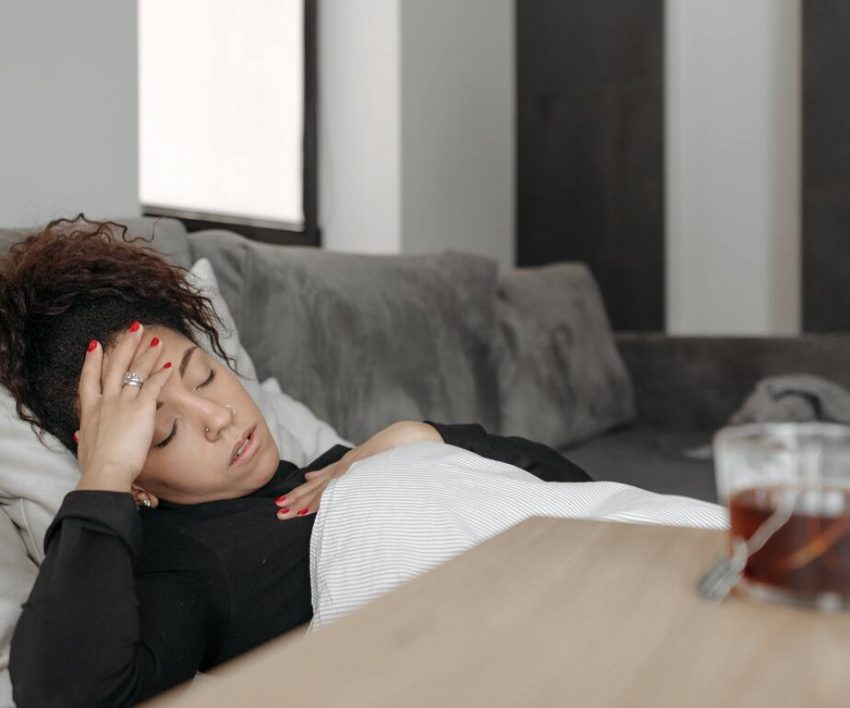
As we grow older, we need to take good of our bodies and our health.
Taking care of our health requires us to take note of every little change and discomfort we might be feeling as those may be signs of something serious.
Hypoglycemia (low blood sugar) is one of the conditions that sometimes develops due to our lifestyle. Hypoglycemia occurs when your blood sugar (glucose) level falls too low for bodily functions to continue.
Following are signs that you might be suffering from hypoglycemia as provided by Health.
Difficulty Speaking
Speaking is controlled in the brain. If your brain is not getting the energy it needs to function, speech may suffer as a result. As a word of caution, difficulties speaking can also be a sign of other neurological conditions, including a stroke. Make sure you know how to spot a stroke so you can tell it apart from hypoglycemia.
Headache
Headache is another effect of your brain not having enough glucose. The cells in your brain work all day long, and they need lots of glucose to do their job. In fact, even though your brain is only about 2% of your body weight, it is your main consumer of glucose.
Hunger
Speaking of hanger, hunger is also a symptom of low blood sugar. It makes perfect sense for your body to get hungry, too. Eating, especially foods with carbohydrates, drives up blood glucose levels.
Fast Heartbeat
When glucose in your blood gets too low, the body recognizes that something is not right. It responds as if it were in a dangerous or stressful situation—and rightly so. If not treated immediately, hypoglycemia can be potentially life-threatening. The body’s response to that potential danger is to activate the sympathoadrenal system. Specifically, the adrenal glands that sit on top of the kidneys release a hormone called norepinephrine. This gets your heart beating faster. Having a fast heartbeat allows more blood to pass through your brain and the other organs in your body. As a result, the cells can pick up more of that vital energy source that’s in low supply—glucose.
Nervousness and Anxiety
Again, that same hormone, norepinephrine, is responsible for feelings of nervousness and anxiety. If you’re starting to feel anxious, don’t panic. Take a few deep breaths and check in with your body to see what else may be going on.
Also see: Signs and symptoms of menstruation migraines




